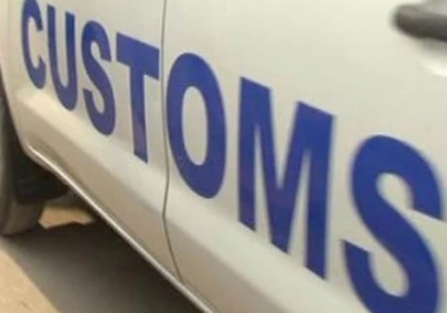No Evidence Yet of Under-Invoicing or Money Laundering, Say Officials
Customs authorities have dismissed recent media reports suggesting widespread financial misconduct in the clearance of luxury vehicles, including accusations of money laundering and under-invoicing.
According to Chief Collector Jamil Nasir, the claims—based on an audit covering vehicle imports between December 2024 and March 2025—are premature and misleading. Speaking alongside Collector East Tayyaba Kayani and Collector West Shafiq, Nasir clarified that no official post-clearance audit report has been received, and any conclusions drawn without it are speculative.
Eye-Catching Figures Raise Questions
The controversy was sparked by reports highlighting the clearance of a 2023 Toyota Land Cruiser—normally valued in the millions—for just Rs 17,635 under the newly implemented Faceless Customs Assessment (FCA) system. Audit samples of 1,335 Goods Declarations (GDs) indicated a massive gap between declared and assessed import values: Rs 670 million versus an actual Rs 7.25 billion. That discrepancy suggested a potential tax revenue loss of Rs 17.5 billion.
While these figures raised eyebrows, Nasir pushed back, emphasizing that the data has not been verified through official audit channels. He noted that while the post-clearance audit system is facing operational challenges—particularly due to a shortage of trained staff—the department is working to improve its oversight capabilities.
Clarifying the Rules on Used Car Imports
Nasir also addressed confusion around the legality of certain vehicle imports. Under the Import Policy Order 2022, the commercial import of old or used vehicles is prohibited. However, exceptions are granted for overseas Pakistanis under personal use, baggage, or gift schemes.
He stressed that all imports must adhere to proper valuation rules, and duties must be paid via the importer’s own bank account—another measure aimed at increasing transparency.
Faceless System Under Scrutiny, but Still Expanding
The Faceless Customs Assessment system, introduced to streamline import processes and reduce human discretion, is now handling up to 2,000 declarations a day. To manage this volume, the Central Appraising Unit has expanded its operations to run in two shifts—from 8 a.m. to midnight. Meanwhile, the Central Examination Unit is working to cut down on clearance delays, another long-standing issue at the ports.
Though the system has seen operational improvements, the recent allegations have put its effectiveness and integrity under the microscope.
For now, Customs officials are urging patience. “Let the audit report come,” Nasir said. “Then we’ll have a basis for analysis—until then, these claims are just noise.”
